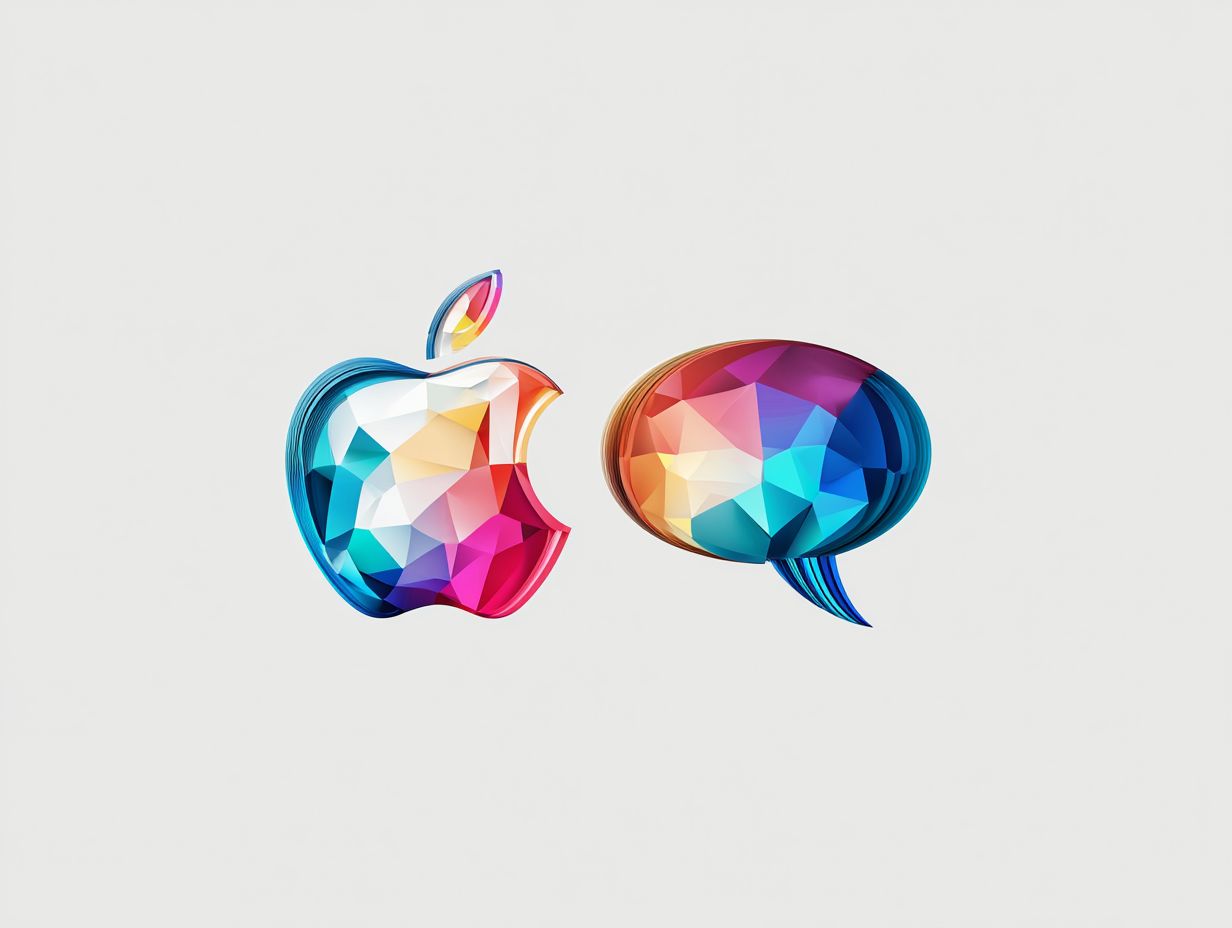- AI love AI
- Posts
- Cloudflare blocks AI crawlers by default
Cloudflare blocks AI crawlers by default
PLUS: Microsoft's AI beats doctors, Apple may tap Claude for Siri, and Grammarly acquires Superhuman
GM AI lovers
In a significant move for the future of online content, Cloudflare is now automatically blocking AI data crawlers for new customers. The change flips the web to a permission-based model and introduces a system for publishers to charge for their data.
This decision puts content creators back in control, addressing the massive resource drain caused by aggressive web crawlers. The big question is how this will reshape the data economy and impact the development of AI models that rely on vast, freely accessible information.
In today’s AI recap:
Cloudflare blocks AI crawlers by default
Microsoft’s AI outperforms doctors in diagnoses
Apple may use Anthropic's Claude for Siri
Grammarly acquires Superhuman for AI productivity
Cloudflare Puts AI Crawlers on Notice

The Recap: In a major shift for the web, Cloudflare now automatically blocks AI crawlers for new customers by default. The company is also launching a marketplace to let publishers charge AI companies for accessing their content.
Unpacked:
This move flips the script from an "opt-out" to a permission-based model for the 20% of the web that Cloudflare serves, with major publishers like The Associated Press and Condé Nast backing the change.
The change addresses the growing problem of aggressive crawlers that consume massive resources but provide little value in return; Cloudflare data shows OpenAI's bot crawls sites 17,000 times for every one referral it sends back.
To create a new economic model, Cloudflare’s experimental "Pay Per Crawl" program lets publishers set their own prices for data access, using the long-dormant HTTP 402 "Payment Required" status code to manage transactions.
Bottom line: Cloudflare's decision puts content control back into the hands of creators, forcing a long-overdue conversation about the value of data used for AI training. This creates a blueprint for a new digital economy where content is directly monetized, paving the way for a more balanced relationship between publishers and AI developers.
Microsoft's AI Cracks Medical Cases

The Recap: Microsoft announced a new AI system, MAI-DxO, that correctly diagnosed 85.5% of complex medical cases, a rate over four times higher than experienced physicians.
Unpacked:
The system, named MAI-DxO, doesn't rely on a single model but emulates a panel of specialists by orchestrating multiple large language models to collaborate on a diagnosis.
It was tested on 304 of the most complex medical cases from the New England Journal of Medicine—the kind of mysteries that typically stump even experienced doctors.
Beyond accuracy, the system also proved more cost-effective, a significant finding given that up to 25% of healthcare spending is considered waste from unnecessary procedures.
Bottom line: This isn't about replacing doctors, but augmenting their abilities with a powerful diagnostic assistant. Systems like this could eventually give every local clinic access to world-class specialist knowledge, fundamentally changing how complex conditions are diagnosed.
Apple May Outsource Siri's Brain

The Recap: In a major strategic shift, Apple is reportedly in talks with AI leaders Anthropic and OpenAI to power a new version of Siri, moving away from its traditional in-house approach to catch up in the AI race.
Unpacked:
This move follows significant delays and internal struggles to upgrade the now-outdated assistant, prompting Apple to appoint new leadership to its Siri and AI teams.
While talks are ongoing with both OpenAI and Anthropic, an internal evaluation reportedly identified Anthropic's Claude as the most promising model for the job.
The strategy mirrors moves by rivals like Samsung, which uses Google's Gemini, and Amazon, which integrated Anthropic's Claude into its new Alexa+.
Bottom line: This potential partnership highlights the immense pressure even the world's largest tech companies face to keep pace with rapid AI advancements. For Apple, it represents a critical trade-off between its famed vertical integration and the need to deliver a competitive AI experience to its massive user base.
Grammarly Buys Superhuman
The Recap: Grammarly has acquired the popular email app Superhuman, signaling a major push to evolve beyond a simple writing assistant and build a full-fledged AI-powered productivity suite.
Unpacked:
This move positions email as the central hub for Grammarly's broader vision of a multi-agent AI platform, where different agents collaborate on tasks directly within user workflows.
The acquisition follows Grammarly's recent $1 billion funding and last year's purchase of Coda, showing a clear strategy to build an integrated suite of workplace tools.
Superhuman claims its users already send and respond to 72% more emails per hour, and the plan is to embed Grammarly's agents to further automate tasks like triaging inboxes and drafting full replies.
Bottom line: The acquisition moves Grammarly from a helpful writing utility into a direct competitor against Microsoft and Google for the AI-powered office. This signals a future where the inbox becomes the primary command center for orchestrating work across multiple specialized AI agents.
The Shortlist
Amazon announced it has deployed its one-millionth warehouse robot and released DeepFleet, a new generative AI model to coordinate robotic fleet movements and increase their speed by 10%.
The U.S. Senate voted 99-1 to strike a provision from a major budget bill that would have blocked states from regulating AI, a dramatic reversal of a previous deal that signals states will remain key players in AI governance.
Katanemo released Arch-Router, a 1.5B open-source model that routes LLM prompts based on natural language preferences rather than traditional benchmarks.
X is piloting a program allowing AI chatbots, including its own Grok model, to write draft Community Notes, which will then be rated by human contributors before being shown publicly.